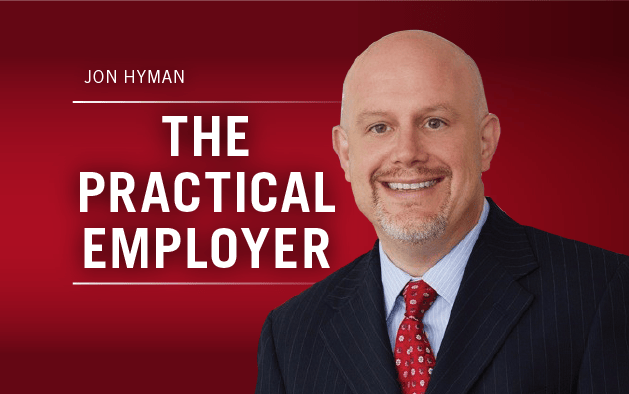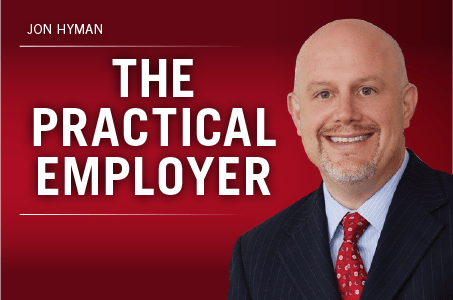Prada v. Trifecta Productions, filed a few weeks ago in federal court in Ann Arbor, Michigan, asks whether an employer can legally fire an employee with COVID-19 based on the perception that the employee’s out-of-work activities placed the business at risk.
The facts are fairly simple. Nicolas Prada worked as a waiter and assistant manager at Tomukun Noodle Bar. On June 24 he began experiencing COVID-19 symptoms and stayed home from work. He tested positive three days later. After 14 days of isolation, Prada texted his employer about being medically cleared to return to work.
During a follow-up phone call, Prada claims the restaurant’s owner interrogated him about his activities before falling ill. According to the complaint, “Mr. Yon asked Plaintiff how he contracted the virus,” interrogated him about whether he had “been out partying and acting irresponsible,” told him “there was evidence on social media of Plaintiff being in a crowd,” and that he should “begin looking for work” because for “PR reasons” it was best for him “not to come back to work.”
Prada quit the next day, and later sued for interference and retaliation under the FFCRA.
In a vacuum, Prada had a right to job restoration under the FFCRA. However, there is at least one key fact missing from his complaint — was he “out partying and acting irresponsibly” before contracting the virus. If so (and it’s a big if), his employer had a legitimate non-discriminatory and non-retaliatory reason for terminating his employment.
I’m not sure I’d terminate in these circumstances, but I can understand why an employer might. Here’s what I wrote two months ago discussing the Cleveland Indians’ suspension of two pitchers for violating team rules during a road trip by leaving the hotel to party:
Your business may not be able to dictate how your employees spend their free time, but you can hold them to consequences if they choose to act irresponsibly when “off the clock.” We are living through a pandemic. Every employee has a responsibility to their employer, their co-workers, and the business to make sure that they do what they can to avoid bringing COVID-19 into the workplace, and every employer has the same responsibility to take reasonable steps to prevent an at-risk employee from entering the workplace when it’s discovered.
These are strange times for sure, and I will not fault any employer that errs on the side of caution in how it manages its employee respective to mitigating workplace coronavirus exposures. I’m not advocating for, or in favor of, employer monitoring of employee off-duty conduct. If, however, irresponsible, reckless or dangerous behavior comes to an employer’s attention, it shouldn’t ignore it in the name of privacy either.
In this case Prada had served his isolation, and according to his complaint was medically cleared to return to work. The risk this employer was mitigating was not the risk of an employee bringing an active virus into the workplace, but according to the complaint, the public relations risk of an employee being seen partying on social media. For a public-facing employer, I’m not going to backseat-drive its decision.
This will be a fascinating case to watch, which I’ll be updating everyone as it winds its way through the courts.



 Almost as long as social media has existed, employers have searched social media to dig up dirt on prospective employees. There is nothing illegal about these searches … provided you don’t use the information unlawfully. For example, to discriminate on the basis of a protected class.
Almost as long as social media has existed, employers have searched social media to dig up dirt on prospective employees. There is nothing illegal about these searches … provided you don’t use the information unlawfully. For example, to discriminate on the basis of a protected class.







